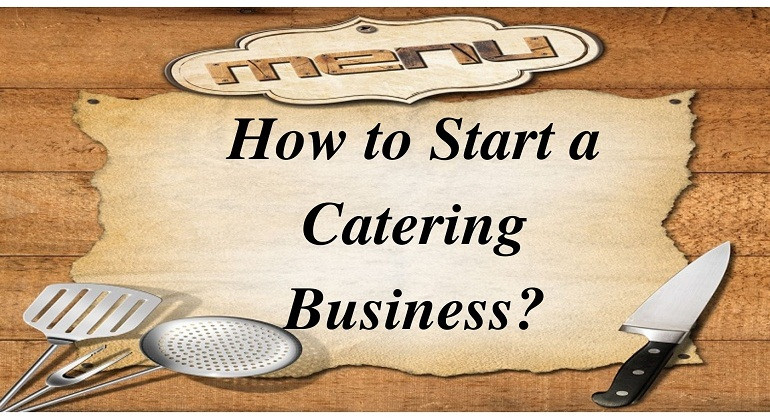

How to Start a Catering Business?
The rise in demand for catering services has been fuelled by the growth of corporate India. Catering enterprises employ thousands of people and serve a variety of IT parks, factories, malls, schools, colleges, and hospitals. The demand for catering services is expected to rise in the next years, with the Indian economy rising at over 7% per year and many more IT parks, malls, and industries being created. We'll look at how to start a catering business in India in this article.
Establishing the Business
Choosing an entity type is the first step in launching any business. Because a catering business' operations are governed by the FSSAI Act, which imposes severe fines for violations, it is suggested that a catering business be established as a private limited company, a limited liability partnership (LLP), or a one-person corporation. Furthermore, because the above entities are transferable, the licences or the firm as a whole can easily be sold to another party. The foregoing companies are appropriate for a catering business since they provide limited liability protection and are transferable.
If the annual sales turnover is less than Rs.40 lakhs and the capital is less than Rs.25 lakhs, the catering firm can be set up as a Limited Liability Partnership (LLP), with audit exemption. Start a private limited company if your LLP has a sales turnover of more than Rs.40 lakhs and a capital commitment of more than Rs.25 lakhs.
It is preferable to avoid forming a one-person company, if the yearly sales turnover exceeds Rs.2 crores, it must be transformed to a private limited company.
Obtaining a Food Business License from the FSSAI
The Food Safety and Standards Authority of India issues a Food Business Operator License, which allows an entity to engage in activities related to any stage of food manufacturing, processing, packaging, storage, transportation, distribution, or import, as well as food services, catering, and the sale of food or food ingredients. For a catering business, obtaining an FSSAI Food Business License is required.
The incorporation paperwork of the business, as well as evidence of residence, identity/resident proof of the promoters, and details as per the application format, must be presented to obtain an FSSAI Food Business License. Catering enterprises must obtain an FSSAI Food Business License from the state government. As a result, submit the application to the FSSAI office in your area.
Registration for Taxes
The catering company would be required to register for GST depending on its annual sales turnover and current state of operations. If the catering business's yearly services surpass Rs.20 lakhs, the catering business's services are subject to GST. When the catering business's turnover exceeds Rs.20 lakhs, it must register for GST and begin making GST payments.



